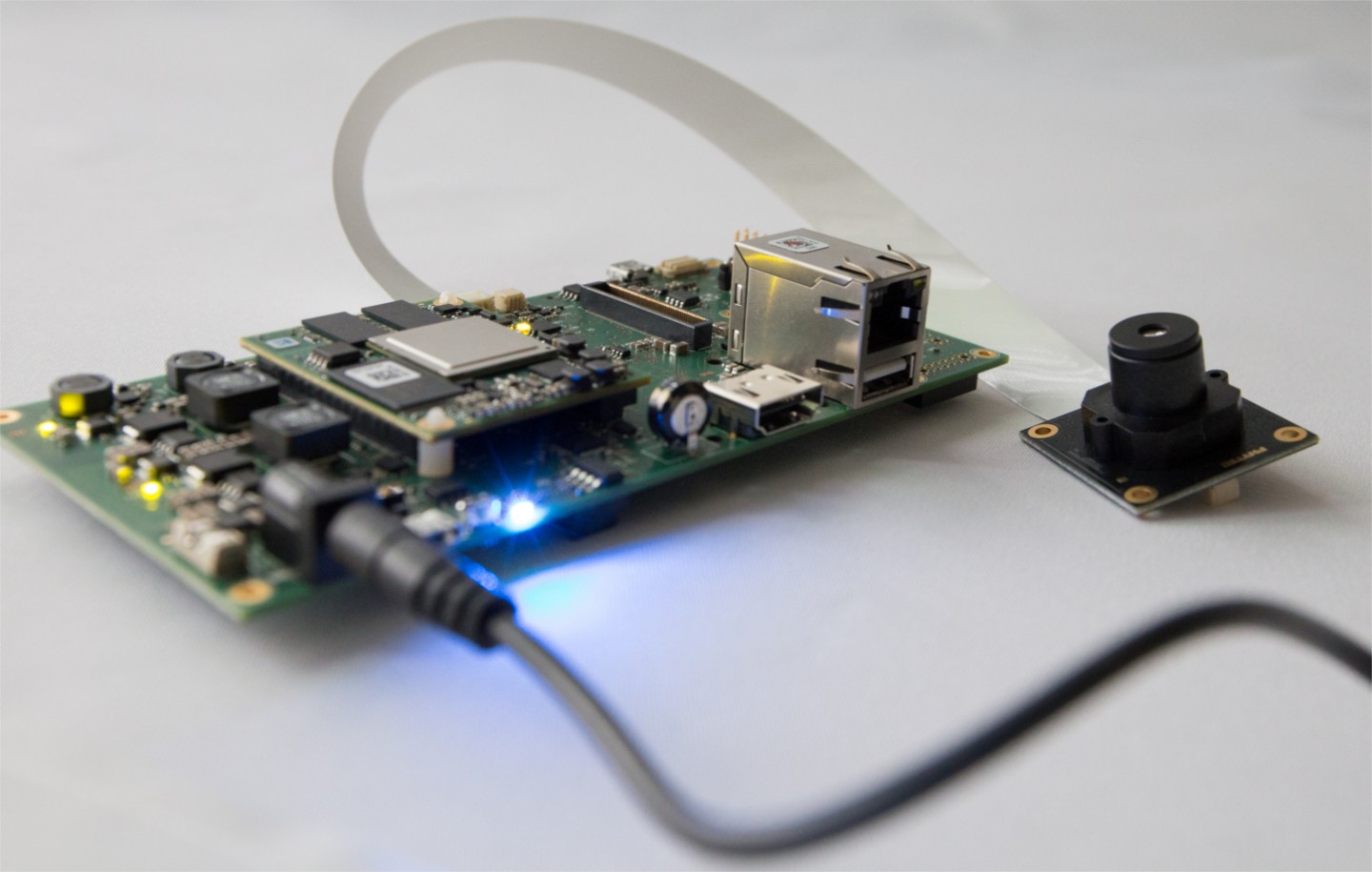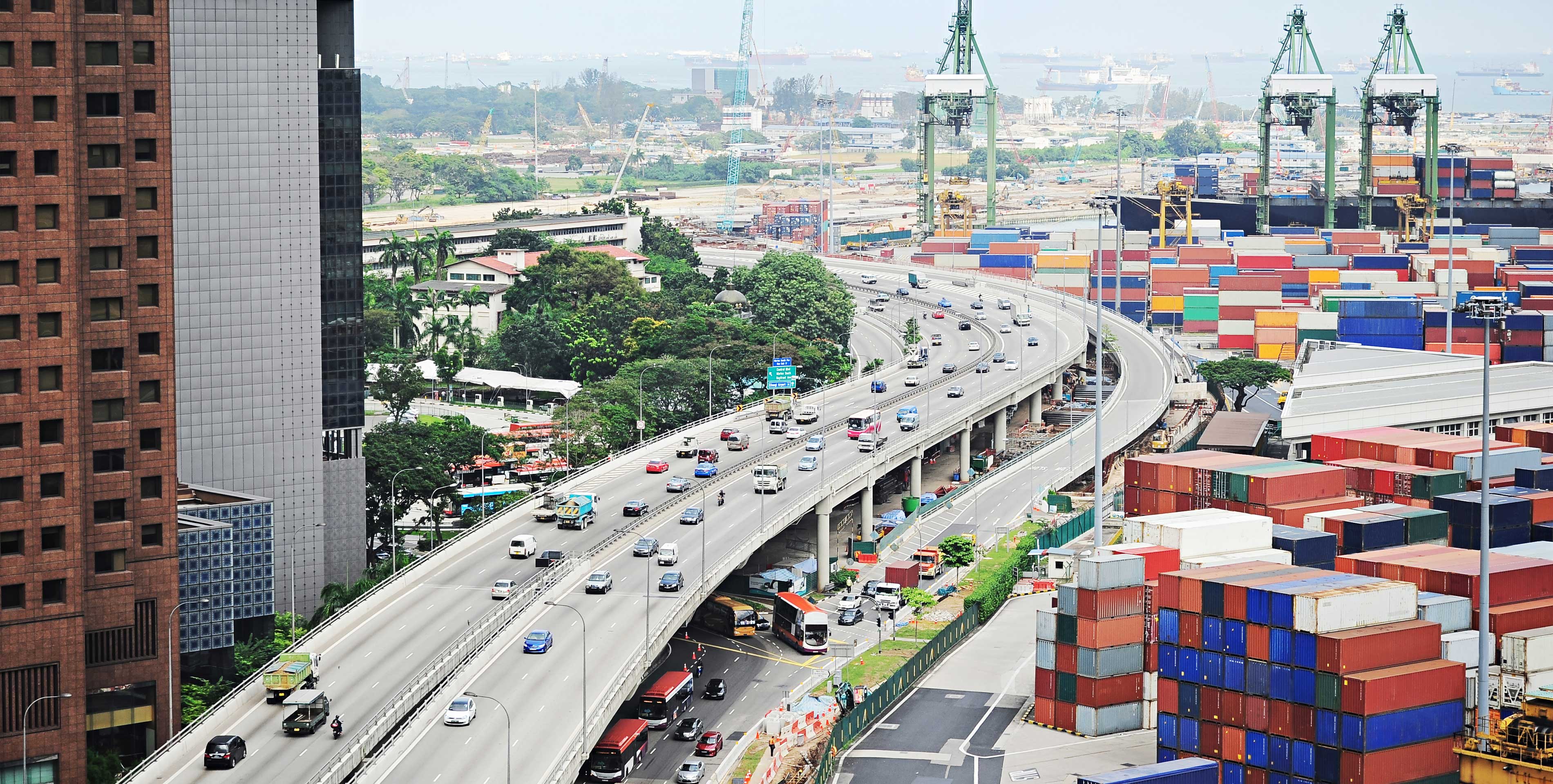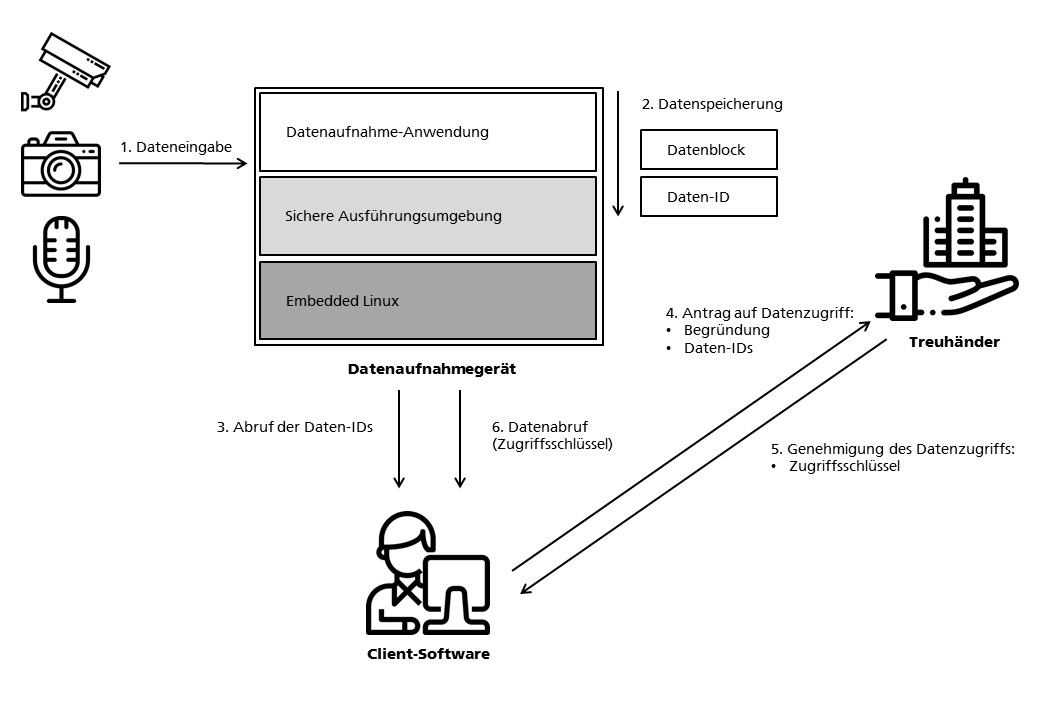
The use of footage from dashboard camera video is governed by Singapore's Evidence Act. In the event that other sources evidence proves to be inconclusive, dashcam evidence may provide help to the police in identifying any wrongdoer. At least as long as there is no tampering of the device, dashcam footage can be used as evidence.
What many motorists are not aware of: the occasionless and above all the permanent filming through the windshield might violate the Personal Data Protection Act (PDPA) and the personal rights of road users. while some personal data, such as faces, or voices, might be captured images in pclosed areas. Then the PDPA or company regulations - particularly on obtaining consent - apply. In addition in situations where uploading video footage could get an individual in trouble - for instance, if the footage contains private and confidential information.
Fraunhofer is currently developing a data protection-compliant dash cam with the Privacy BlackBox, which works like a normal dash cam, but guarantees the protection of personal data through the two-tier solution concept.


